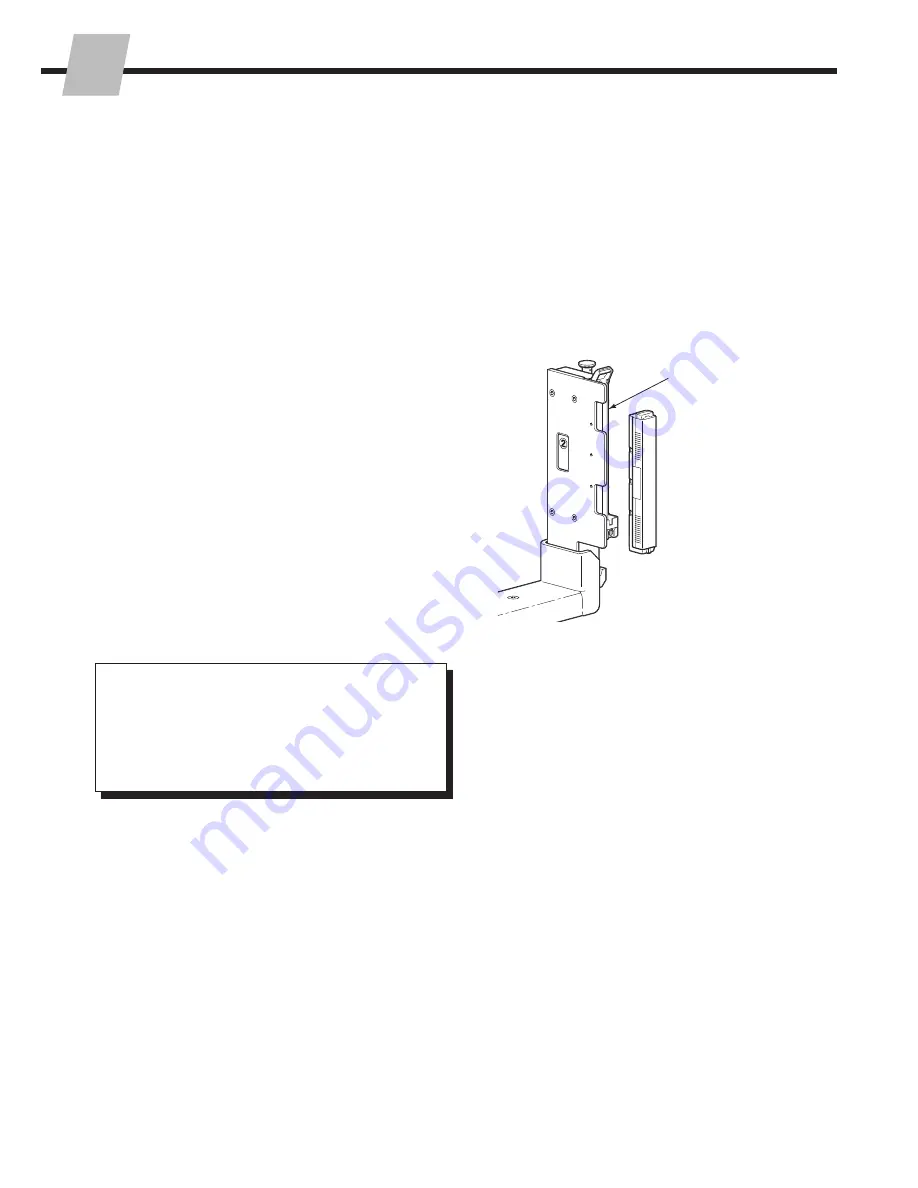
2
6823346-R3
P
ERIODIC MAINTENANCE
IMPORTANT:
Only trained and authorized personnel are
allowed to service iFork assemblies. Other maintenance
procedures are the sole responsibility of the purchaser.
IMPORTANT:
To prevent weighing inaccuracies, the end
user is responsible to check accuracy on a regular basis
at intervals that best fit their application and requirements.
Development of a periodic schedule will prevent faulty
readings. Cascade recommends a
minimum
interval of
every 12 months or 2000 hours, whichever comes first.
1.1
100-Hour Maintenance
Every time the lift truck is serviced or every 100 hours
of truck operation, whichever comes first, complete the
following maintenance procedures:
• Check for debris between fork and fork shoe (e.g. wood
chips).
• Inspect the bottom of the forks for debris that might be
wedged between the fork and the fork shoe. Remove
any debris found.
• Check for pinched wires at bottom of batteries.
• Tighten fork shoe capscrews after initial 100 hours of
service. Tighten to a torque of 80 ft.-lbs. (112 Nm).
As necessary, replace a cover spool, fork shoe
capscrews and nuts.
• Every 100 hours or when the battery packs are changed,
inspect the battery holders for damage and debris.
Remove any debris found and check to make sure that
the capscrews are tight and contact tabs not damaged
or bent. If required, tighten the contact point capscrews.
FK0176.eps
Battery Holders
Check capscrews, contact
tabs and contact point
capscrews
Cleaning iForks
As required, use a mild cleanser and wipe down
the forks with a towel. Rinse the fork with a
non-pressurized stream of water.
CAUTION:
Do not rinse display.





































